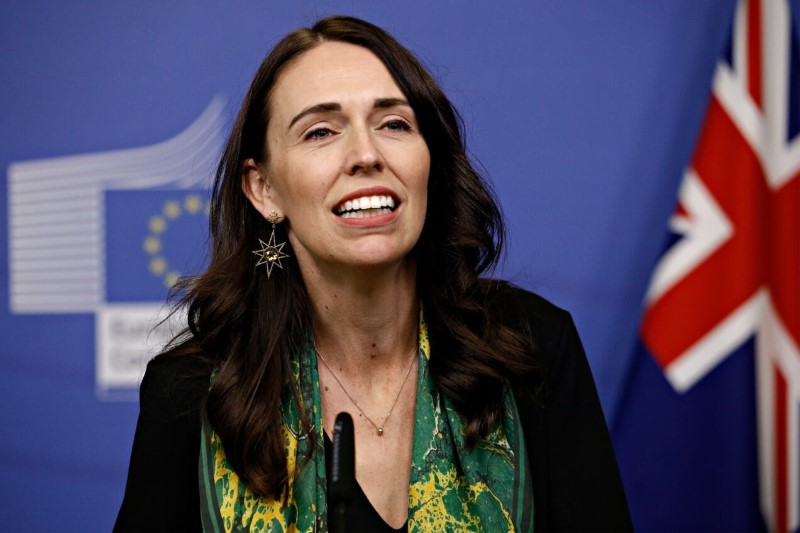The Prime Minister of New Zealand has received much praise for her handling of the Covid crisis. Regardless of whether we agree with her policies, we can learn a lot about leadership from a woman who is a very effective communicator, both formally and informally.
Informal:
Alongside official press briefings, Ardern makes good use of social media. This form of communication is one we have all become more familiar with over recent months, but the Facebook Lives Ardern conducts are not something we see from our own Prime Minister.
Watch one here – this is from the day New Zealand went in to lockdown:
https://www.facebook.com/jacindaardern/videos/147109069954329
I’m not suggesting this is the way public speaking will go, or that we should scrap formal presenting in favour of a casual Q&A online. But her performance throws up some interesting points we can think about around why she is able to connect so well.
- The immediacy of this format creates transparency. She’s answering questions on the spot; the casual nature of this platform removes the bluster and political jargon, because they have no place in this setting. In short, she comes across as honest: she’s not searching for clever words to elevate her position, she’s just plain speaking.
- Her language points to a collective responsibility: “we all prepare to hunker down for a few weeks”; “I know as parent it’s really hard to avoid playgrounds”.
- Consistent messaging: her message is clear, and repeated throughout the broadcast: Stay Home.
- The informality of this style of briefing works in Ardern’s favour: she is in casual clothes, just as we are; she’s sitting in her living room, just as we are; she’s just put her child to bed, just as we have. She is us; we are her. She is telling us: “ I have your interests at heart: your hopes and fears are my hopes and fears”. She justifies severe policy, ie lockdown, by framing it in a real-life scenario (“what if you travelled far away and your car broke down?”).
- Because she is “chatting to the camera”, she’s not “delivering a speech”, so her speech pattern is natural and authentic. This is something I encourage all my clients to try to embrace: a presentation is just a conversation, so speak normally and your audience will connect with you!
Ardern knows that she must use every persuasive tool she has to encourage the country that a lockdown of this magnitude is required. As New Zealand has begun to see a resurgence of Covid cases over the last week, she will have to rely once again on her skills as a communicator to persuade the NZ population that they are all working together to prevent further spread of the virus – and that they can trust her leadership enough to vote for her at the upcoming election. Until now, she has been successful: polls show that public trust in the NZ government response is far higher than in many other nations.
Formal:
Ardern’s popularity was already established well before the Covid outbreak, due largely to her skill as a communicator. Watch her speech at the memorial service for the victims of the Christchurch mosque shooting in 2019. This is obviously a completely different style of communication to the Facebook Lives, but we can learn much from it about effective leadership communication:
- Her empathy is plain to see: “New Zealand mourns with you. We are one”; “we cannot know your grief, but we can walk with you at every stage”.
- Empathy encourages unity, and she builds on this with her language, which emphasises both inclusivity and diversity: “our Muslim community”; “this family”.
- She is assertive, and speaks passionately and powerfully: “he may have sought notoriety, but we in New Zealand will give him nothing. Not even his name”
- She uses change of pitch and pace as a way of verbally highlighting the phrases she wants to stand out
- She doesn’t hold back: she is speaking to move, inspire and reassure, and it’s important that her emotional connection is strong.
What will you take from her performances to use in your next presentation? Get in touch to understand more about leadership and communication.

